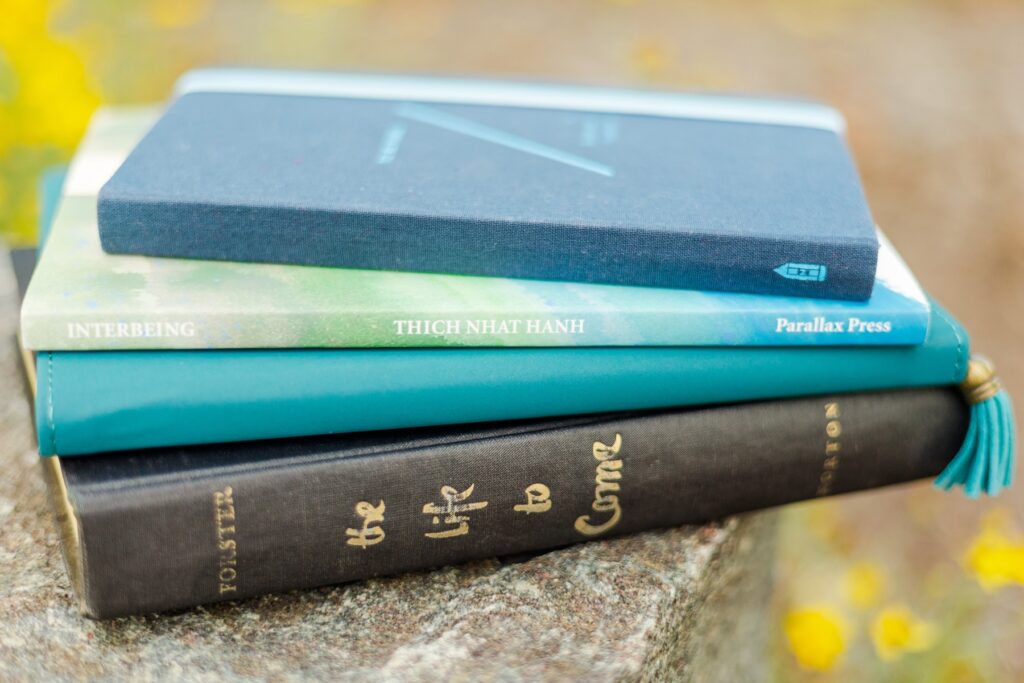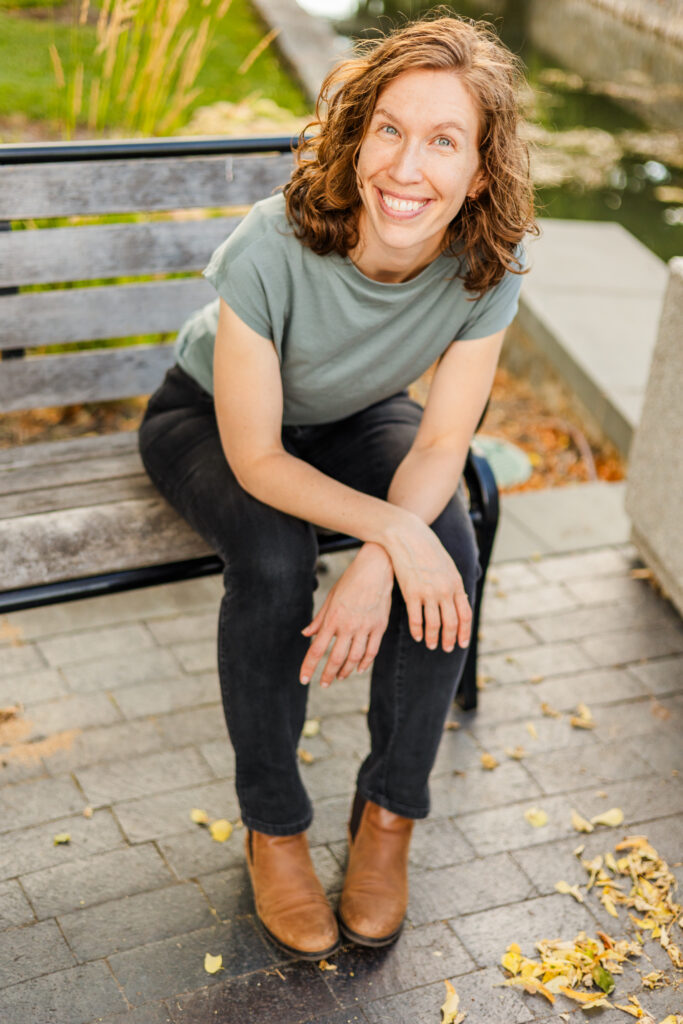As an academic writer, you’re up against a lot. Even when you have the best advisor or colleagues in the world, they’re often not available to dive deep with you throughout the writing process. When you sit down to write, it can be easy to feel isolated and cynical about the importance of your research. How do you write in a way that cuts through the noise and gets at what you really care about?
A reliable source of insight and enthusiasm for your project can make all the difference. So can descriptive feedback that’s consistent, affirming, and attuned to your critical perspective.

I coach and edit for all academic and nonfiction writers, particularly scholars in the social sciences, humanities, and interdisciplinary studies. Connect with me at any point in your writing process: whether you’re just starting your dissertation, responding to reviewer feedback on your current article, or wondering how to turn boxes of notes into a meaningful book. In coaching and through developmental editing, you’ll get the support you need to:
- Form a habit of circling back to the WHY of your work in your writing
- Set writing goals that feel good to you and manage your time to meet them
- Build your writing practice, along with your own go-to writing resource list
- Make informed writing choices that impact your audience
- Develop strategies for pushing back against language discrimination
- Finish a project you’re proud to share
- Envision your next steps as a writer making an impact in your field and in the world
Ready to learn how?
Hi, I’m Hannah (she/her)

I arrived at my dream job of writing coaching through several different educational contexts. I’ve coordinated programming at an outdoor high school in Vermont, a community ESOL program in Baltimore, and at the Writing Center at the University of Maryland, Baltimore, where I’m now a part-time Writing Specialist. UMB is where I developed a healthy obsession with language and composition research about standardizing language ideologies. I see us all as multilingual in our own signature ways. Hablo español y estoy feliz hablar en español, inglés, o los dos durante consultas.
I have a B.A. in Literatures in English from Bryn Mawr College and an M.A. in Education from Prescott College. My first thesis was about political narrative in Moby-Dick. In the second, I explored nature journaling as a tool for incorporating environmental education into ESOL. Currently, I’m working with a colleague on a book for teachers about nature connection in language classes.
My Approach
When professors and reviewers require us to use correct grammar, how are they defining “correct”? Who benefits, and who is harmed, when we privilege standardized language patterns in academic writing? Most of us are familiar with writing assessment and editing that centers correctness and “fixing” the writing. In contrast, my approach centers audience, context, and writerly choice.
We move people and create change by speaking boldly and directly to our specific audience. And to do that, we need to build critical language awareness: an understanding of how people language within specific sociopolitical contexts. Focusing on audience is harder than leaning on manuals to tell us what to do. But it’s the more equitable, just, and impactful approach.
The resources below offer a snapshot of the ongoing scholarship and debate within which I situate our work together as writer and coach/editor.
- This Ain’t Another Statement! This is a DEMAND for Black Linguistic Justice! – April Baker-Bell et al., Conference on College Composition and Communication
- Radical Copyeditor – Alex Kapitan
- Conscious Style Guide – Karen Yin
- CCCC Statement on White Language Supremacy – Conference on College Composition and Communication
- APA 7 Bias-Free Language Guidelines